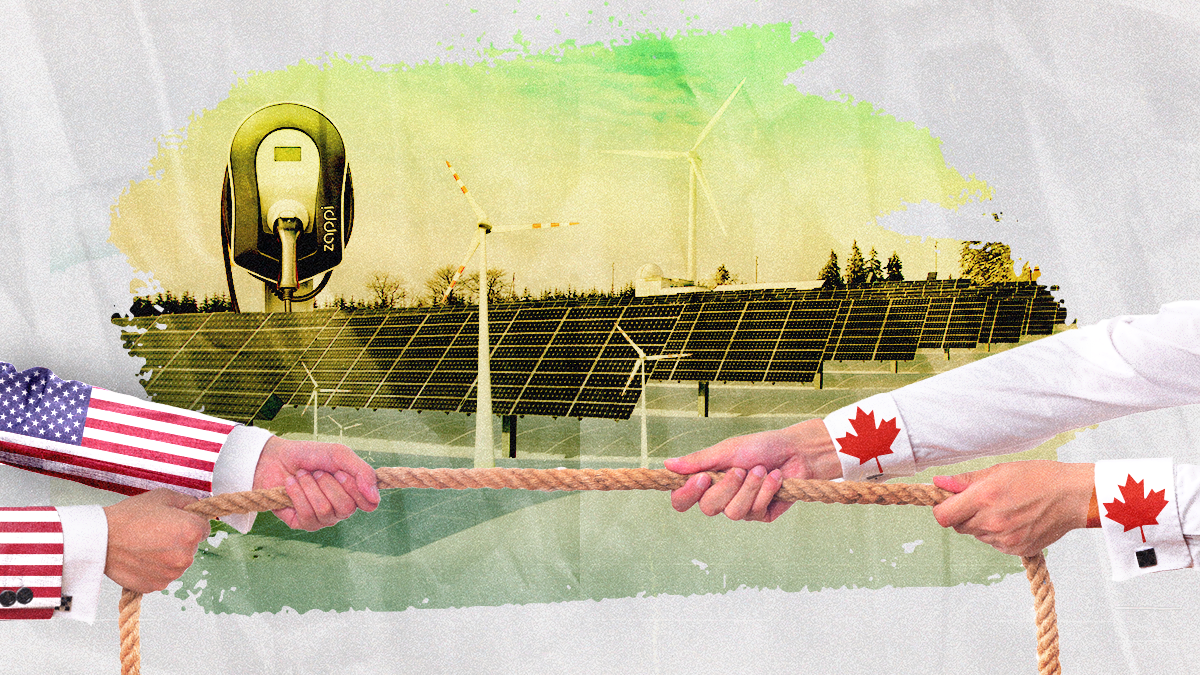Hard Numbers: Canada snaps up US tech workers, greenhouse gasses surpass grim mark, green hydrogen comes to Quebec, shrimp paste alarm
6,000: Nicely played, Canada. Back in July, as US tech giants were laying off tens of thousands of employees, Canada seized the moment, changing its immigration rules to permit US H-1B visa holders to get work visas in Canada. So far this year, more than 6,000 holders of the US visa have relocated north of the border.
50: Atmospheric levels of carbon dioxide — the most pernicious of the greenhouse gasses — have exceeded their pre-industrial levels by 50% for the first time, according to a new study by the World Meteorological Organization. As we told you last week, Canada and the US are among the top offenders when it comes to slacking on commitments to reduce the production of fossil fuels, a major contributor to greenhouse gas emissions.
4 billion: On the plus side, the clean energy rivalry between the US and Canada continues to heat up, as Belgium’s Tree Energy Solutions has committed to building a $4 billion synthetic natural gas plant in Quebec. Canada finds itself in stiff competition with the massive subsidies that the Biden administration has offered to the industry in the US, with Canadian lawmakers warning of a “subsidy war.” As long as the Earth’s atmosphere is the big winner of that conflict, we say … let the battles begin.
37: What do brush mowers, baby pillows, shrimp paste, and dozens of early 2010s BMWs and Mini Coopers have in common? They are all among at least 37 different products that were recalled for safety reasons in Canada over the past week. The shrimp paste has mystery ingredients, the baby pillows can suffocate babies, and the cars catch on fire. It’s a wild time to be alive — stay safe out there, folks!
